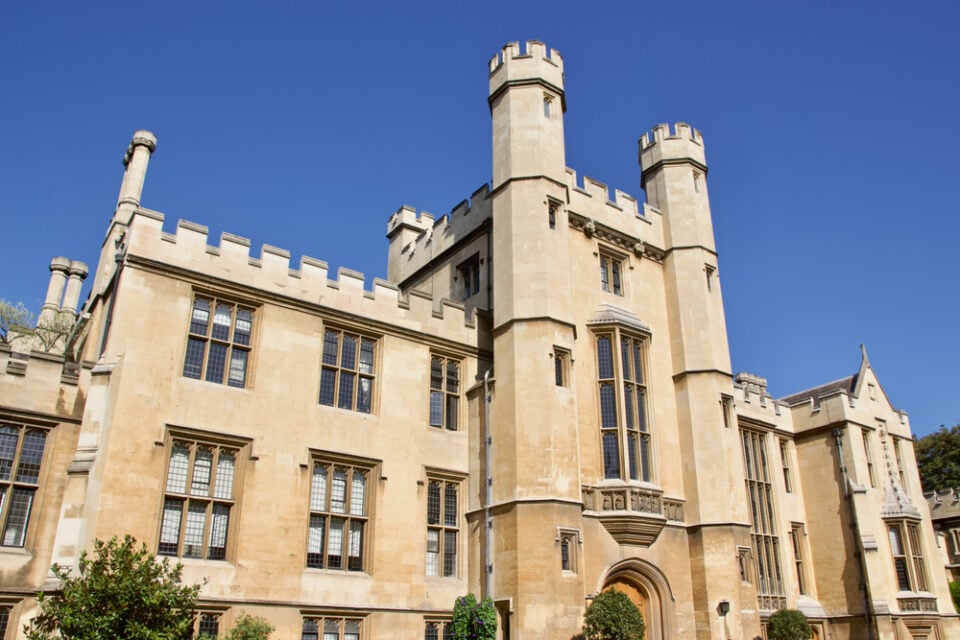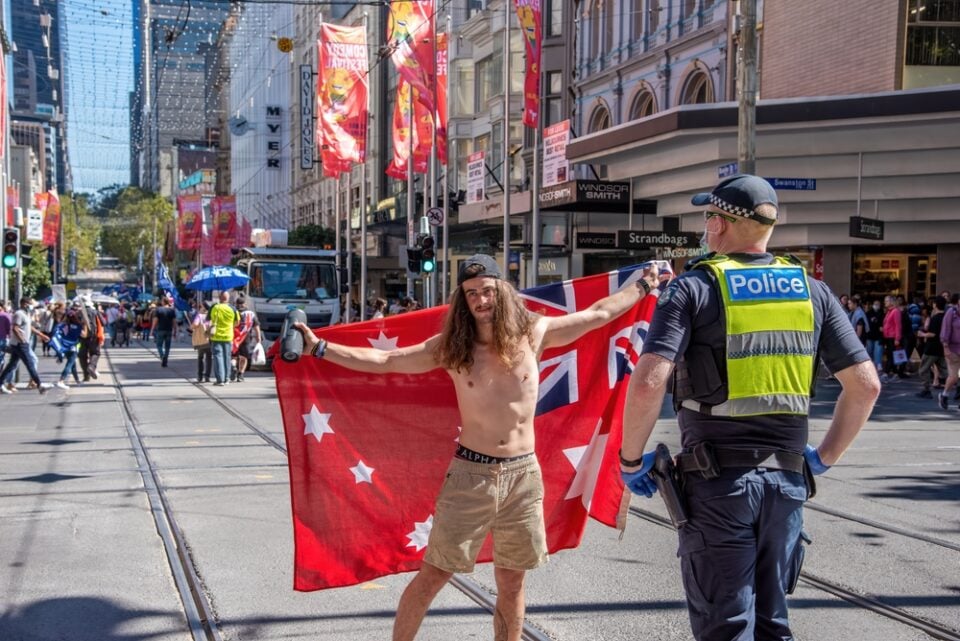Decriminalisation of prostitution harms women, writes Amanda Brohier
Canon Peter Sandeman’s article on Decriminalisation of Prostitution advocates for support of the Decriminalisation of Prostitution Bill which is before the South Australian Parliament. He argues that decriminalisation will increase safety for women.
Nothing could be further from the truth.
The experience of decriminalisation is that prostitution and trafficking grow and women suffer increased oppression.
It is a myth that prostituted women will be able to report abuse to their employers who are profiting from them. Decriminalisation can never make sex work safer for women.
This is illustrated by the New Zealand experience.
A 2007 report on the impact of the NZ Prostitution Reform Act on health and safety of sex workers, failed to demonstrate a decrease in the level of violence and sexual assault since decriminalisation in 2003. Since decriminalisation in New Zealand, several prostituted women have been murdered.
Women have worse working conditions since decriminalisation, as described by a prostituted woman in New Zealand: “Women can end up being paid nothing at all or in debt to the brothel on a quiet night, where they only get one “client.”
Another prostitution survivor explains, “I thought decriminalisation would give more power and rights to women…I soon realised the opposite was true… it allowed brothel owners to offer punters an “all-inclusive” deal, whereby they would pay a set amount to do anything they wanted with a woman…the women wouldn’t be able to set the price or determine which sexual services they offered or refused”.
‘The Nordic model reverses the view that prostituted persons are criminals but views them as victims of violence and exploitation.’
The model of prostitution law reform that does work in decreasing prostitution is the Equality or Nordic model. Sweden was the first country to adopt this model in 1999.
The philosophy behind the model is that if demand for prostitution is decreased by criminalising the buying of sexual services (usually by men), supply of sexual services (usually by women), will correspondingly decrease.
More than 20 years later, the Swedish experience has demonstrated that this is the case. Two years after the introduction of this law, the number of women in prostitution decreased from 2,500 to 1,500 and the number of buyers fell by 75 – 80%.
This model has been adopted in nine countries around the world. In addition to decriminalising the selling of sexual services and criminalising the buying of sexual services, the model criminalises the commercialisation and therefore exploitation of women through pimping or owning a brothel.
It provides meaningful exit strategies and public education programs which discourage the purchase of sex. It educates men that abuse of women is unacceptable.
The Nordic model reverses the view that prostituted persons are criminals but views them as victims of violence and exploitation.
Prostitution is a form of violence against women. Prostitution law reform is central to gender equality. In Ekberg’s report quoted above, she says: “As with all laws, the Law has a normative function. It is….. expression of the belief that Sweden’s women and children are not for sale.
“It effectively dispels men’s self-assumed right to buy women and children for prostitution purposes and questions the idea that men should be able to express their sexuality in any form and at any time.”
Adoption of this model will bring South Australia into line with the most progressive nations which have succeeded in significantly reducing prostitution and therefore reducing oppression of women.
Decriminalisation promotes women and girls as objects to be purchased and contributes to misogyny. A society that enables this is not safe for any woman.
Women deserve better than a system that normalises men’s sexual entitlement and abuse of women. Men need laws which educate them that women are not commodities to be bought and sold.
As the Proverbs say, “Open thy mouth, judge righteously and plead the cause of the poor and needy”.
The women and men of South Australia need your voice to our parliamentarians to oppose oppression through decriminalisation of prostitution. We must advocate for the adoption of the Equality or Nordic model.
Amanda Brohier is President of WEEP – Women Ending Exploitation by Prostitution Inc.






